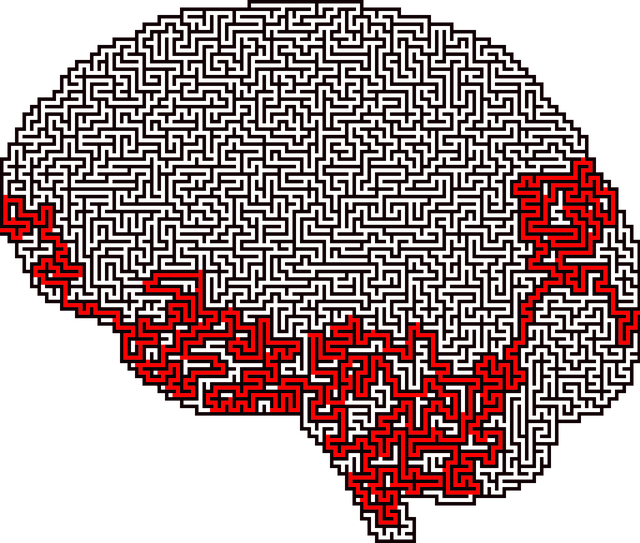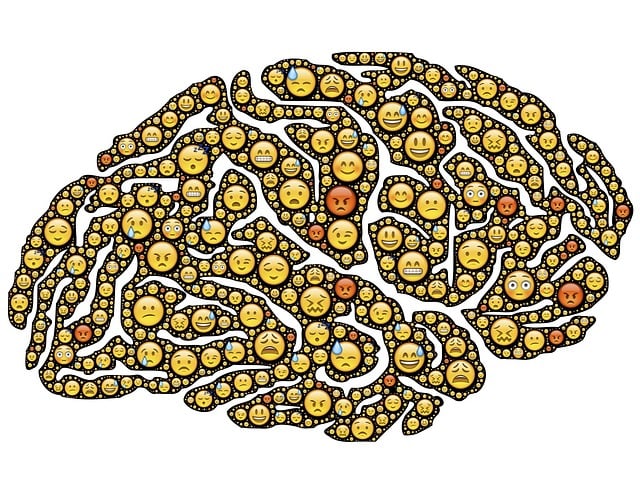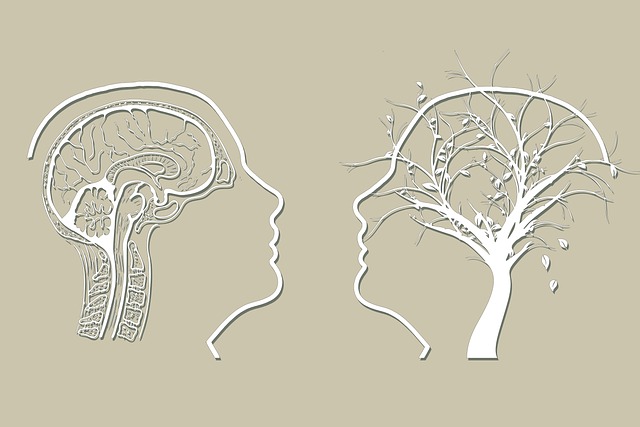Mental health professionals, especially Lafayette EMDR Certified Therapists, face unique challenges managing intense emotional demands and high-stakes decision-making, leading to secondary traumatic stress (STS). They can mitigate these risks through self-care practices, community outreach programs, and employing evidence-based techniques like Lafayette EMDR. This approach enhances resilience, provides confidence-boosting care, and supports long-term client recovery. Comprehensive Risk Assessment using methods like Lafayette EMDR, along with structured self-care routines and effective peer support networks, ensures optimal therapeutic outcomes while preventing burnout. Training in cultural sensitivity is vital for addressing diverse client populations ethically.
Mental health professionals face unique risks, from high stress levels to potential trauma recurrence. This article explores comprehensive risk assessment techniques essential for their well-being. We delve into the role of Lafayette EMDR Certified Therapy in mitigating these risks and building resilience. Additionally, we discuss ethical considerations, self-care practices, and professional support networks crucial for navigating this demanding field. Understanding these aspects empowers professionals to thrive while effectively assisting others.
- Understanding Mental Health Professional's Unique Risks
- The Role of Lafayette EMDR Certified Therapy in Risk Mitigation
- Comprehensive Risk Assessment: Essential Tools and Techniques
- Strategies for Building Resilience and Self-Care Practices
- Ethical Considerations and Professional Support Networks
Understanding Mental Health Professional's Unique Risks

Mental health professionals often find themselves at a unique intersection of intense emotional demands and high-stakes decision-making. Unlike many other professions, their work directly impacts the most vulnerable individuals’ well-being and recovery. This comes with inherent risks that can affect not only their professional but also their personal lives. The constant exposure to trauma, grief, and severe mental health issues among clients can lead to secondary traumatic stress (STS), a condition where professionals experience symptoms similar to those of their clients due to prolonged or intense exposure to distressing events. This is particularly relevant for Lafayette EMDR Certified Therapists who deal with complex cases, as EMDR therapy itself involves working through deeply traumatic memories.
Moreover, the pressure to deliver effective treatment, maintain ethical boundaries, and manage potentially volatile client behaviors can be overwhelming. Self-care practices and community outreach program implementation are essential strategies for mitigating these risks. By prioritizing their own emotional well-being and seeking support from peers or professional networks, mental health professionals can boost their confidence and resilience. This, in turn, enhances the quality of care they provide to their clients, creating a beneficial cycle that promotes both personal and professional growth while navigating the unique challenges inherent in this noble field.
The Role of Lafayette EMDR Certified Therapy in Risk Mitigation

Lafayette EMDR Certified Therapy plays a pivotal role in mitigating risks within mental health practices. Eye Movement Desensitization and Reprocessing (EMDR) is a powerful therapeutic approach that aids clients in processing traumatic memories and reducing symptoms of post-traumatic stress disorder (PTSD). This evidence-based method enhances the therapist’s ability to provide effective care, thereby minimizing potential risks associated with traditional therapy methods.
By integrating Lafayette EMDR Certified Therapy into their practice, mental health professionals can offer a confidence-boosting technique that improves clients’ mental wellness. Through structured guidance, therapists help individuals work through past traumatic experiences, fostering emotional healing and resilience. This specialized training also equips practitioners with the skills to facilitate Mental Wellness Journaling Exercises and produce engaging Mental Wellness Podcast Series, further supporting clients’ ongoing recovery and overall mental wellness journey.
Comprehensive Risk Assessment: Essential Tools and Techniques

Comprehensive Risk assessment is an indispensable tool for mental health professionals, enabling them to proactively identify and mitigate potential risks within their practice. By employing evidence-based techniques, therapists can create a robust framework that encompasses not just individual client needs but also systemic factors influencing well-being. This includes evaluating psychological, social, cultural, and environmental aspects relevant to each patient’s unique circumstances.
For instance, Lafayette EMDR Certified Therapy integrates advanced coping skills development and positive thinking strategies alongside effective communication techniques. These methods empower both therapists and clients by fostering resilience, enhancing emotional regulation, and cultivating adaptive responses to challenging situations. Such a holistic approach not only ensures client safety but also facilitates optimal therapeutic outcomes.
Strategies for Building Resilience and Self-Care Practices

Mental health professionals are constantly navigating complex emotional landscapes, making it crucial to build resilience and integrate robust self-care practices into their routines. Strategies for fostering resilience include regular practice of mindfulness techniques, such as meditation or Lafayette EMDR Certified Therapy, which can enhance emotional healing processes and promote positive thinking. These practices help professionals stay grounded and centered, even in challenging situations, thereby mitigating stress and burnout.
Self-care goes beyond mere relaxation; it involves structured routines focused on physical, mental, and emotional well-being. This includes adequate sleep, regular exercise, a balanced diet, and designated time for hobbies or activities that bring joy. By prioritizing self-care, professionals can better support their clients in depression prevention and enhance the overall effectiveness of their practice.
Ethical Considerations and Professional Support Networks

Mental health professionals are tasked with navigating complex ethical dilemmas on a daily basis, which require careful consideration and a strong sense of professional integrity. As experts in their field, they must uphold the highest standards of practice while ensuring patient well-being and confidentiality. One critical aspect is maintaining an objective perspective, especially when dealing with sensitive cultural issues that may impact treatment outcomes. For instance, professionals should be trained to approach diverse client populations with Cultural Sensitivity in Mental Healthcare Practice, tailoring their therapy methods accordingly. This not only promotes effective care but also fosters trust between the therapist and client.
Additionally, building robust support networks is vital for the well-being of mental health practitioners. Accessing peer supervision, professional communities, and counseling services can help them manage stress, prevent burnout, and enhance their clinical skills. In fact, Lafayette EMDR Certified Therapy emphasizes the importance of these networks in providing comprehensive care. Furthermore, engaging in Public Awareness Campaigns Development can contribute to a better understanding of mental health issues within society, reducing stigma and promoting improved access to care. Effective mood management techniques are also essential tools for professionals to support their own mental health while offering guidance to clients struggling with similar challenges.
Mental health professionals face unique challenges that can impact their well-being. By understanding these risks, leveraging tools like Lafayette EMDR Certified Therapy for mitigation, conducting comprehensive risk assessments, adopting resilience strategies, and cultivating ethical support networks, professionals can better navigate the complexities of their roles. These integrated approaches ensure not only their safety but also enhance the quality of care they provide to their clients.














